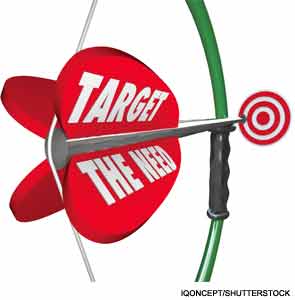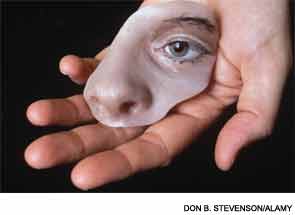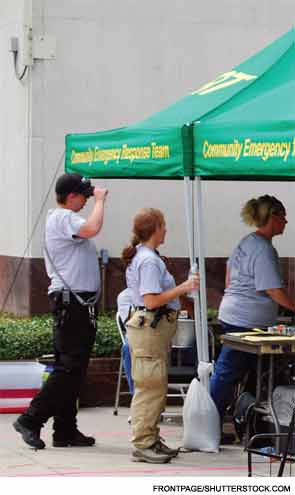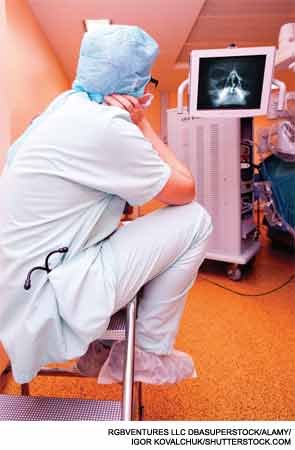Council incorporates the ABOto Education Committee and other otolaryngology education leadership groups


Council incorporates the ABOto Education Committee and other otolaryngology education leadership groups

Clinic’s Center for Social Media showcases health-care-related videos, circulates information to health professionals nationwide

Creating standard guidelines could decrease communication breakdowns, medical errors caused by multiple handovers

Health websites, social media, and email have changed patient access to information and physicians


Physicians discuss ways to make care transitions smooth and smart as handoffs become more frequent
Observations, T&A common interventions for obstructive sleep events in infants; CT, MRI not useful for evaluation of ED patients with dizziness; combined use of EEA and TORS effective for skull base surgery; cartilaginous tissue regeneration with bioengineered trachea

Advances in microvascular free tissue transfer have driven up success rates

Otolaryngologists used telemedicine to provide care to patients in regions impacted by Hurricane Katrina

Store-and-forward programs, digitized medical imaging, and teleconferencing help physicians, patients connect remotely